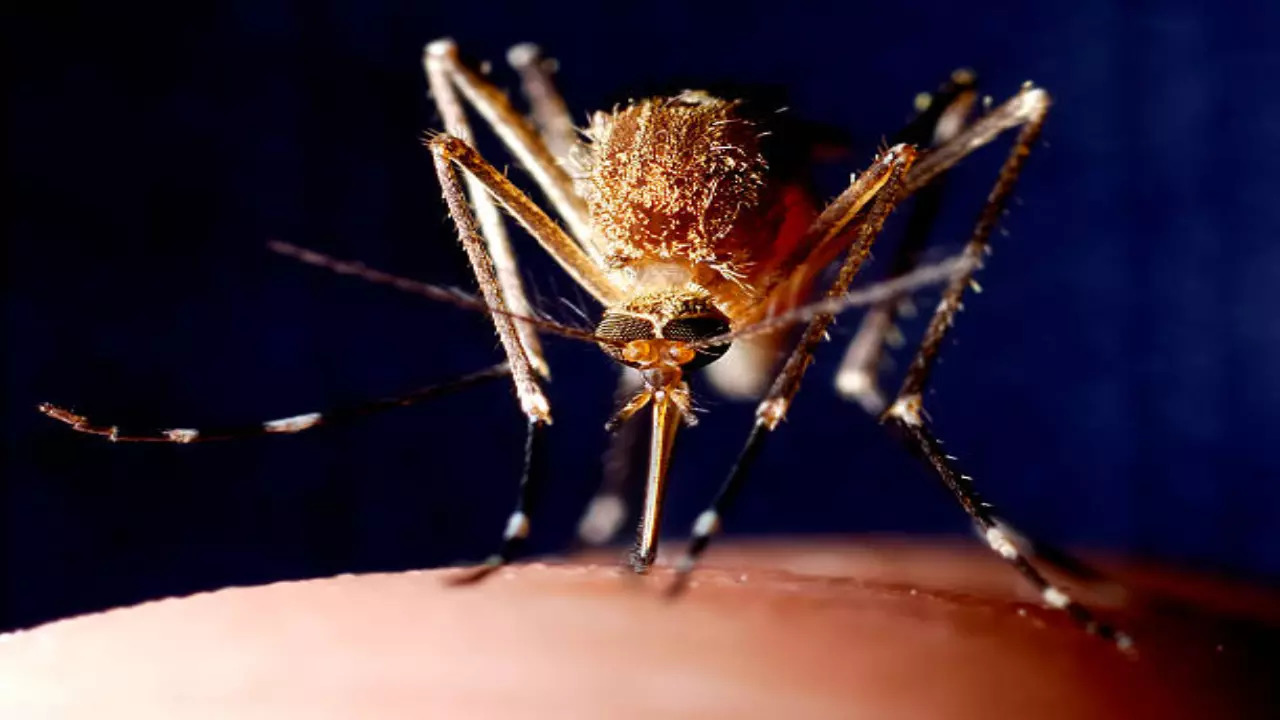-
news
-
Health
Chikungunya and malaria infections reach 5-year high in Delhi: Over 700 cases reported – How to protect yourself
Delhi has recorded a 5-year high in malaria and chikungunya cases, with 728 malaria and 172 chikungunya infections till November 9, 2024. The highest number of cases were reported from Shahdara South (Chikungunya) and City SP (Malaria). Read on for tips to keep yourself safe.

Chikungunya and malaria infections reach 5-year high in Delhi (Image credit: iStock)
Delhi records highest level of malaria in five years chikungunya cases This year. As of November 9, 728 cases of malaria and 172 cases of chikungunya have been reported in the national capital. Weekly report of Delhi Municipal Corporation mosquito borne diseases It said 9 infections were recorded in the week to November 9, 2024. In 2020, the city recorded 228 cases of malaria, 167 cases in 2021, 263 cases in 2022 and 426 cases last year. Meanwhile, 111 cases of chikungunya were reported in 2020, 89 cases in 2022, 48 cases in 2022 and 65 cases last year.
The highest number of 87 cases of Chikungunya were reported from Shahdara South Zone, while the highest number of 104 cases of Malaria were reported from City SP Zone.
symptoms of malaria
Malaria is one of the best-known mosquito-borne diseases, caused by the Plasmodium parasite and spread by the bite of infected Anopheles mosquitoes. Symptoms of malaria include fever, chills, headache and muscle aches, and if left untreated it can lead to serious complications and even death. According to the World Health Organization (WHO), malaria remains a significant public health challenge, with more than 240 million cases reported globally in 2022.
chikungunya symptoms
Chikungunya is also spread by the Aedes mosquito and its symptoms are often similar to dengue. These include sudden fever, joint pain, muscle pain, headache, nausea, fatigue and rash. While chikungunya is rarely fatal, joint pain can be severe and debilitating, lasting for months or even years. The disease is prevalent in tropical and subtropical regions, especially during the rainy season.
Tips to keep yourself safe vector borne diseases
It is essential to take preventive measures to protect yourself from malaria and other mosquito-borne diseases. Here are some top tips to stay safe:
1. Use mosquito repellents: Apply insect repellents to exposed skin, especially during dawn and dusk when mosquitoes are most active. Products containing DEET, picaridin, or lemon eucalyptus oil are highly effective.
2. Wear protective clothing: Cover your body with long-sleeved shirts, long pants, and socks, especially in mosquito-prone areas. Choose light-colored clothes, as mosquitoes are attracted to dark colors.
3. Use mosquito nets: If you are in a high-risk area or sleeping outside, use mosquito nets treated with insecticides for added protection. This can be especially useful at night when mosquitoes are more likely to bite.
4. Remove stagnant water: Mosquitoes breed in stagnant water, so remove water sources like buckets, pots and bird baths. Make sure that drains are cleaned regularly to prevent the breeding of mosquito larvae.
5. Install window nets: Make sure your doors and windows are properly netted to prevent mosquitoes from entering your home.
Get the latest news live on Times Now with breaking news and top headlines from around the world.


